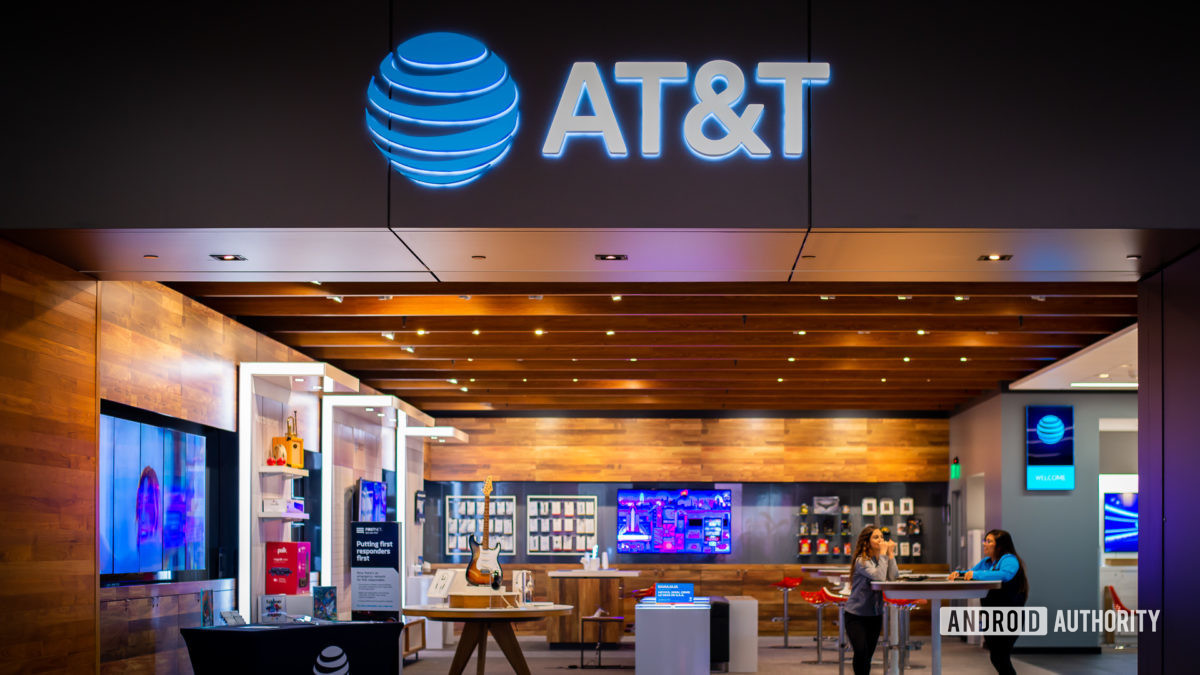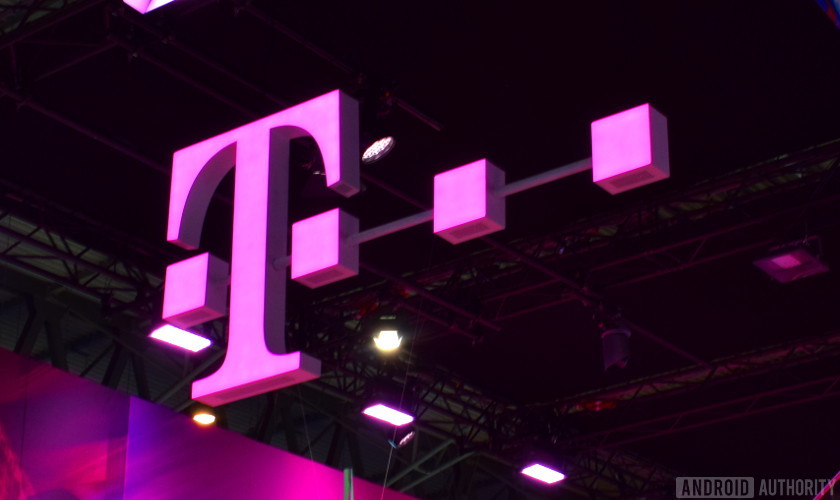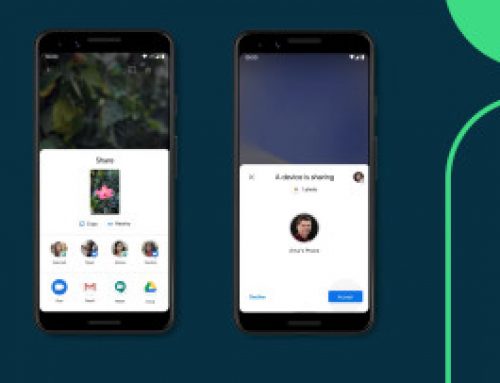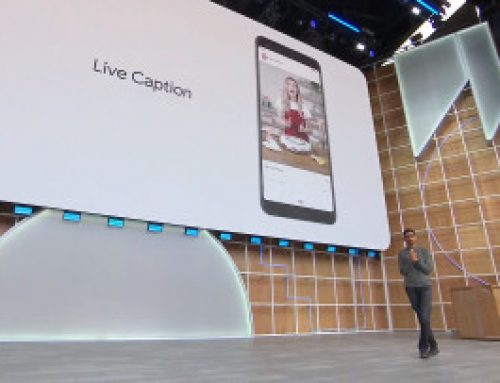Start up the WABAC Machine, set it for 2009. Mr Peabody would be proud.
Google‘s Android fans who have been waiting patiently for new gadgets are about to get a treat.
On Friday, the Internet giant and its carrier partners will begin pushing out a software update that will add more features and functionality to handsets that run on its open-source mobile platform, Android.
Dubbed Cupcake by Google, the update is essentially a 1.5 version of Android. Google and its partners have tweaked Android several times since its fall 2008 release, but Cupcake represents the platform’s first major upgrade.
Cupcake will include some powerful new features, including a virtual on-screen keyboard for touch-screen phones, easy video uploads to YouTube and live data feeds. Google has also revamped some core features, like voice recognition and the mobile browser. Android’s basic look got a makeover too, with more sophisticated background images and icons and a browser that can display more complex Web pages.
More after the break.
Developers will revise their apps to incorporate the new features. The team behind the eco-themed application Ecorio plans to make use of the video-recording feature. ULocate Communications will build a widget and integrate speech recognition into “Where,” its suite of location-based services. Big in Japan says it will add a “live folders” function to its popular ShopSavvy.
It all adds up to a richer experience for consumers. Ecorio users already share strategies for reducing their carbon footprint via written messages and photos. With Cupcake, they’ll be able to bond over video clips, says Ecorio co-founder Taneem Talukdar.
ULocate likes the idea of widgets because they give users a seamless way to get updates on local weather and listings “without being spammy,” says Ivan Mitrovic, the company’s vice president of engineering. Speech recognition adds convenience, a key feature in any location-aware app. People will be able to say the word “pizza” and get directed to the nearest pizza parlor (using a global-positioning system), for instance.
Alex Muse, co-founder of Big in Japan, says the new live folders feature, which stores real-time updates without having to open the related app, is ideal for keeping lists. Since ShopSavvy is a shopping service, the company is inserting a shopping wish-list to the app. The folders could also be used to access other types of live data, such as recent Facebook updates, Twitter tweets or stock prices.
Goofy name aside, Cupcake is a strategic move designed to keep Android competitive with other mobile platforms and operating systems. BlackBerry maker Research In Motion recently amended its operating system to support touchscreens and faster browsing. Rivals including Apple, Palm, and Microsoft are all working on their own software updates or new releases.
Some of the Cupcake changes, such as the speech recognition tools and live folders, leap-frog the competition. Others, like the virtual keyboard, are catch-up moves.
Developers who already have Android apps say they will likely stick with the platform. ULocate also offers iPhone, BlackBerry and Nokia versions of Where. But the company remains “pretty excited” about Android and believes the market will grow, according vice president of marketing Dan Gilmartin. Ecorio’s Talukdar says Cupcake gives the group incentive to continue developing with Android even as it considers expanding to other mobile platforms. Muse notes that Cupcake will support a range of phone designs, greatly expanding the market for Android handsets.
Even committed developers have quibbles with Android. Some say Android still needs improvement, including upgrades to Google’s App Market and tighter user interface standards. “Building an Android app is easy, but building a great-looking Android app is not,” says Mitrovic. Talukdar wants tools that help apps communicate with Web sites like Facebook.
Others note that Android has suffered from miscommunication and delays. Developers said that Cupcake was originally supposed to be released a month or two ago. The lag ultimately pushed some phone launches from summer to fall. Backward compatibility issues within Cupcake forced some developers to release quick, basic updates earlier than planned, to keep their apps from crashing.
Android users in the U.S. may not enjoy Cupcake until the end of the month. Operator T-Mobile is rolling out updates to subscribers over the next few weeks.
Google already has a 2.0 version of Android in the works, perhaps to support gadgets larger than phones, like notebooks and netbooks. The code name? Donut. Just as sweet but hopefully more substantial.
Trackback: Forbes
Image © Jay Ward Productions





Leave A Comment